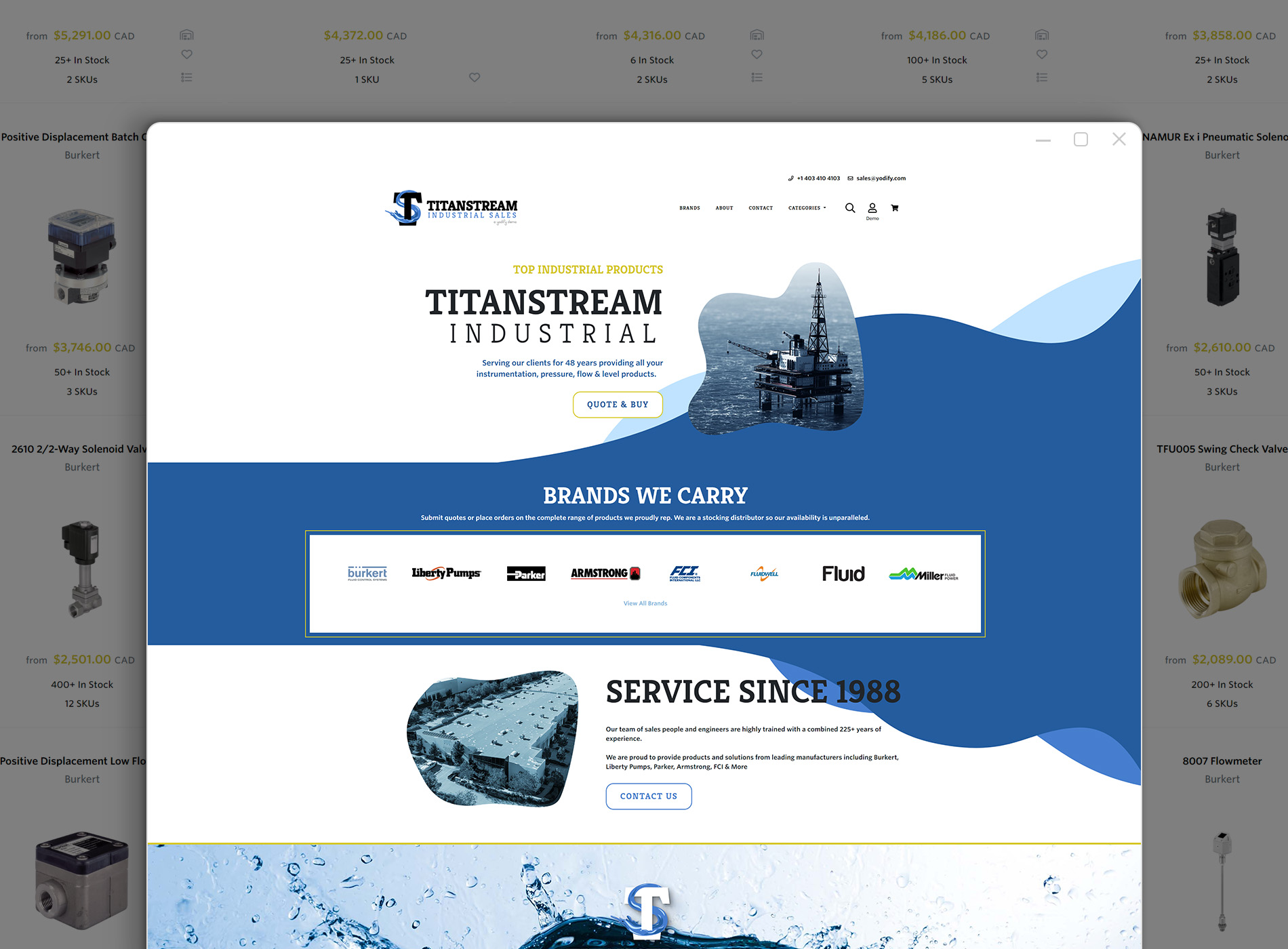This Artificial Intelligence Acceptable Use Policy (“AI Policy”) applies to Clients and Customers’ use of all services offered by Yodify, Inc. or its affiliates (“Yodify”), or third party products, applications, or functionality that interoperate with services offered by Yodify, that incorporate artificial intelligence. The terms of this AI Policy are in addition to the Acceptable Use Policy at www.yodify.com/legal.
-
Modifications to AI Policy
Yodify may change this AI Policy from time to time, and if we do, we will revise the date at the top of the AI Policy; the amended AI Policy will be effective immediately upon posting, and your continued use of our Services confirms your acceptance of the updated version. -
Prohibited Use
Clients and their Customers may not use any third party product, application or functionality which interoperates with Yodify's Service or the Yodify API and incorporates Artificial Intelligence, including Generative Artificial Intelligence or machine learning, for the following:- Automated Decision-Making Processes with Legal Effects
- In the course of an automated decision-making process that may have health, safety, legal, or similarly significant ramifications, unless the Client fully ensures that the final decision be performed by a human. When making the final decision, the Client is required to take into account additional factors that extend beyond the recommendations provided by the Artificial Intelligence products.
- Individualized Advice from Licensed Professionals
- Producing customized recommendations that would typically be provided by a certified or licensed professional, including, for example, engineering, medical, finance, architecture, construction, legal, and financial advice.
- For clarity, this does not otherwise prohibit the use of Artificial Intelligence products in these industries, for customer support or other purposes.
- Explicitly Predicting Protected Characteristics
- Explicitly predicting an individual’s protected characteristic, including, but not limited to, racial or ethnic origin, past, current, or future political opinions, religious or philosophical beliefs, trade union membership, age, gender, sex life, sexual orientation, disability, health status, medical condition, financial status, criminal convictions, or likelihood to engage in criminal acts.
- Predicting an individual's protected characteristic in an explicit manner,including, but not limited to, racial or ethnic background, political or ethnic beliefs (past, present, or future), membership in trade unions, age, gender, sexual orientation, disability, health condition, financial standing, criminal convictions, or propensity to partake in criminal activities.
- Use cases or tools designed to identify security breaches, unauthorized access, fraud, and other security vulnerabilities are not limited or prohibited by the preceding clause.
- Furthermore, it is prohibited for the Client to submit images of individuals for the purpose of creating or analyzing biometric identifiers, including, but not limited to, face prints, fingerprints, photographs or scans of hands, eyes, or facial geometry.
- Deceptive Activity
- The creation or distribution of synthetic or highly deceptive digital media that is presented as factual or authentic with the intent to persuade audiences toward a particular interest or agenda, including, but not limited to, deepfakes. The aforementioned principles apply to the distribution of such media using any Yodify Service or Yodify API.
- Child Sexual Exploitation and Abuse
- In regard to any objective that is associated with child sexual exploitation or Child Sexual Abuse Material (CSAM).
- Weapons
- Developing, advertising, marketing, distributing, or selling weapons, accessories, or explosives listed in the United States Munitions List.
- Adult Content and Adult Industry
- Submitting, creating, or distributing: (i) sexually explicit material, (ii) non-consensual intimate imagery, and (iii) deepfake or deepnude pornography; or
- Creating sexual chatbots or engaging in erotic chat.
- Disclosures
- Clients must disclose when Customers or consumers interact directly with automated systems, such as bots or similar features, unless it is obvious from context or there is a human in the loop.
- Clients may not deceive Customers or consumers by misrepresenting automated content as human-generated or original content.
- Automated Decision-Making Processes with Legal Effects

